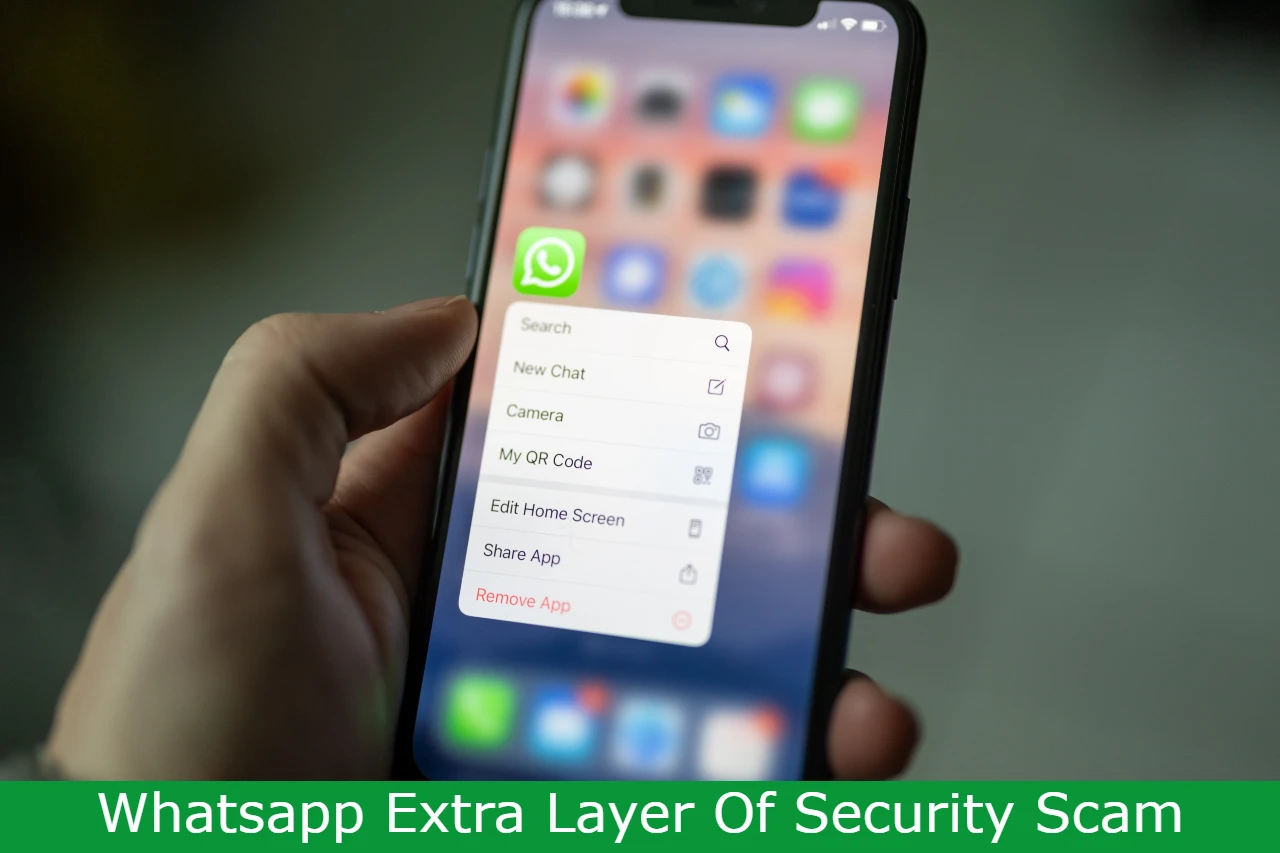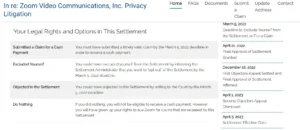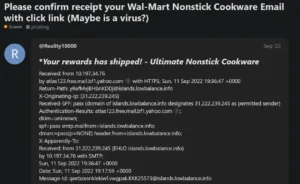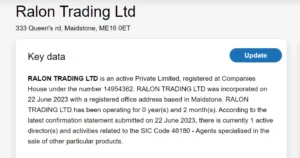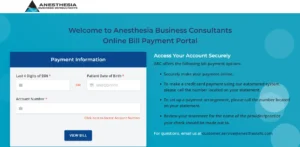Whatsapp Extra Layer Of Security Scam – WhatsApp users beware! A new scam is making the rounds, targeting unsuspecting individuals with promises of an extra layer of security.
In this article, we will uncover how the scam works, the signs to look out for and provide tips to protect yourself.
It is crucial to stay vigilant and report any suspicious activity to WhatsApp to ensure the safety of your personal information. Additionally, we will also highlight other common digital scams that you should be aware of.
Table of Contents
How Does the Whatsapp Extra Layer Of Security Scam Work?
The scam works by tricking WhatsApp users into believing they need an extra layer of security. Scammers send messages to unsuspecting users, claiming that their accounts are at risk and that they need to enable this additional security feature.
They create a sense of urgency by stating that failure to do so will result in their accounts being compromised or permanently deleted.
To add credibility, scammers often use official-looking logos or language that appears to be from WhatsApp itself.
Once users click on the provided link or button, they are directed to a fake website that mimics the WhatsApp login page.
Unbeknownst to the victim, entering their login credentials on this fraudulent site allows scammers to gain access to their accounts and personal information.
It is important for WhatsApp users to be cautious and verify any security messages directly through the official app or website to avoid falling victim to this scam.
Signs of a WhatsApp Security Scam
Watch out for suspicious signs when someone tries to get you to provide personal information or login credentials through WhatsApp. Scammers often use various tactics to deceive users into revealing sensitive information.
One of the first red flags is receiving unsolicited messages or calls from unknown numbers claiming to be WhatsApp representatives.
These scammers may use urgency or fear tactics to pressure you into sharing your personal details. Another sign to watch out for is if someone asks you to provide your verification code or account password.
Legitimate companies will never ask for this information. Additionally, be cautious if you receive messages offering special promotions or rewards that require you to click on a link or download a suspicious file.
Always verify the legitimacy of such messages and avoid sharing any personal information with unknown sources.
Tips to Protect Yourself from the Scam
To protect yourself from the scam, it’s important to be cautious and verify the legitimacy of any messages or calls asking for personal information or login credentials.
Firstly, never share sensitive information like passwords or banking details over WhatsApp or any other messaging platform. WhatsApp will never ask for your personal information through messages or calls, so any such request should be treated as suspicious.
Secondly, be wary of any message or call that claims to offer an extra layer of security for your WhatsApp account. This is a common tactic used by scammers to gain access to your account.
Finally, enable two-step verification on your WhatsApp account to add an extra layer of security. This will require a PIN code to be entered when registering your phone number with WhatsApp, making it harder for scammers to impersonate you.
Reporting the Scam to WhatsApp
If you suspect you have been targeted by a scam, you can report it directly to WhatsApp for investigation. Reporting the scam to WhatsApp is an important step in helping to protect yourself and others from falling victim to the scam.
To report the scam, you need to open the chat with the suspicious contact or group, then tap on the contact or group name at the top of the screen.
Next, scroll down and tap on “Report Contact” or “Report Group.” You will be prompted to select the reason for the report and provide any additional information or screenshots that may be helpful for the investigation.
WhatsApp takes reports of scams seriously and will take appropriate action to address the issue and prevent further harm.
Other Common Digital Scams to Watch Out For
Be cautious of other common digital scams, as they can pose a threat to your personal and financial information. Scammers are constantly devising new tactics to trick unsuspecting individuals.
One common scam is phishing, where scammers attempt to obtain sensitive information such as passwords or credit card details by pretending to be a trustworthy entity.
They often send fake emails or create bogus websites that closely resemble legitimate ones. Another prevalent scam is the lottery or sweepstakes scam, where scammers inform victims that they have won a large sum of money or a prize but require payment or personal information to claim it.
Additionally, there are romance scams, where scammers manipulate emotions to develop relationships with victims and then exploit them for money. It is essential to stay vigilant and educate yourself about these scams to protect yourself online.
Frequently Asked Questions
How can I identify if a message I receive on WhatsApp is part of the extra layer of security scam?
To identify if a message is part of the extra layer of security scam on WhatsApp, look for suspicious requests for personal information or account verification. Be cautious of messages asking for passwords, OTPs, or urging immediate action.
Are there any specific actions or settings I can adjust in my WhatsApp account to prevent falling victim to this scam?
To prevent falling victim to scams on WhatsApp, you can take certain precautions. Be cautious of suspicious messages, avoid clicking on unknown links, enable two-step verification, and regularly update your app to ensure you have the latest security features.
What should I do if I have already provided my personal information to a scammer through the extra layer of security scam?
If you have already given your personal information to a scammer, take immediate action. Contact your bank to protect your finances, change your passwords, and monitor your accounts for any suspicious activity. Report the scam to the proper authorities to prevent further harm.
Does WhatsApp offer any official channels or methods to report such scams?
Yes, WhatsApp does offer official channels to report scams. You can report the scam through the app by going to Settings > Help > Contact Us. They also have a dedicated webpage to report scams on their website.
Are there any legal actions that can be taken against scammers involved in the extra layer of security scams?
Yes, there are legal actions that can be taken against scammers involved in this scam. Engaging in fraudulent activities is against the law, and victims can report the scam to law enforcement agencies to initiate an investigation and potential prosecution.
Conclusion
In conclusion, it is crucial to remain vigilant and cautious when using WhatsApp to avoid falling victim to the extra layer of security scams.
By being aware of the signs and following the provided tips, users can protect themselves from potential threats.
Additionally, reporting any suspicious activity to WhatsApp can help prevent others from being targeted.
It is essential to stay informed about common digital scams and always prioritize personal security while using online platforms.
Also Read
Is Grabjobs.Co Legit or a Scam? Grabjobs.Co Reviews
Cvreoz Pet Oral Repair Gel Review: Is It Legit & Worth It?
Nnelles Clothing Reviews – Is Nnelles Clothing Legit or Scam?
Also Read
Wmbra Posture Correcting Bra Reviews – Is It Legit or a Scam?
Is W App Scam Or Legit? W App Comprehensive Review
Anthony Farrer Scam- The Timepiece Gentleman Scandal
Also Read
Maximus Cms Scam – Maximus Data Breach Exposed
Wronth.Com Reviews: Baby Clothes Shopping – Legit Or Scam?
Is Aquasoftwares.Com Scam or Legit?
Also Read
Payntta.Com Scam- Don’t be the Next Victim! Shocking Truth
Is Brads Deals Legit or a Scam? Brad’s Deals Exposed
Gloss Moderne Rose Bulgare Review – Is It Worth Trying?
Also Read

